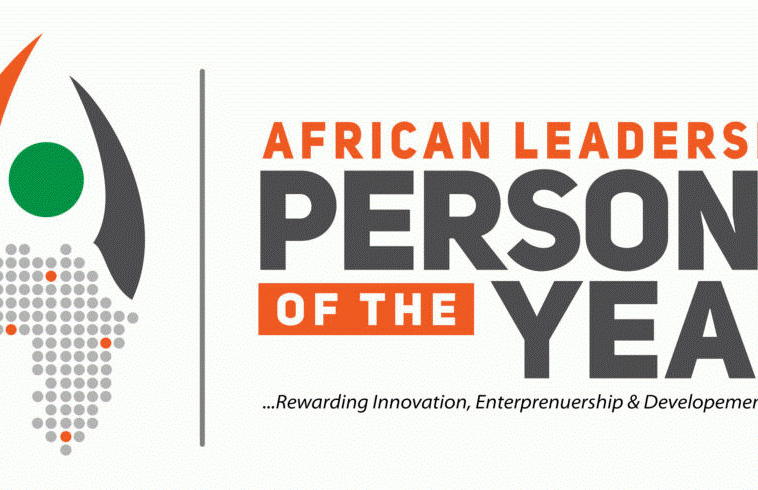Modern slavery, a global crisis affecting an estimated 50 million people, poses a grave threat to human rights and dignity. In Africa, where 9.2 million people are victims, the fight against exploitative practices such as forced labour, human trafficking, and child exploitation is intensifying, marked by notable progress.
Despite the alarming statistics, Africa is emerging as a leader in tackling modern slavery. Innovative grassroots initiatives, robust governmental reforms, and international collaboration drive efforts to combat this challenge. The continent’s growing commitment to eradicating modern slavery is evident in its transformative actions.
READ ALSO: Modern-day slavery: The exploitation of African migrant workers in the Middle East
Globally, forced labour generates approximately $150 billion annually, with industries like construction, agriculture, and domestic work at the heart of exploitation. In Africa, sectors such as mining and agriculture carry a significant share of this burden, underscoring the urgency for targeted interventions. Encouragingly, progress is apparent.
In 2023, Africa reported a 25% rise in the enforcement of anti-slavery legislation, with many nations strengthening laws to combat human trafficking and forced labour. These measures address a deeply entrenched issue, from rural child labour to cross-border trafficking networks.
Africa’s Strength in the Fight Against Modern Slavery
While global statistics reveal the scale of modern slavery, Africa’s response underscores its resilience and determination to effect change. Several African nations are leading the charge, offering lessons for the wider world.
Legislative Momentum and Policy Reforms
Governments across Africa are enacting and enforcing laws to protect vulnerable populations. In Nigeria, the 2015 Trafficking in Persons (Prohibition) Law Enforcement and Administration Act has empowered authorities to dismantle trafficking networks effectively. Similarly, Ghana’s Human Trafficking Act serves as a model, focusing on prevention and victim support. These legislative efforts, coupled with enhanced enforcement mechanisms, exemplify Africa’s commitment to addressing modern slavery.
Regional Collaboration
The African Union (AU) has championed the fight against human trafficking through frameworks like the Kampala Convention, which addresses the protection and assistance of internally displaced persons. The AU has also initiated the Pan-African Programme on Trafficking to strengthen cross-border collaboration. This coordinated approach demonstrates the continent’s collective resolve to combat a shared challenge.
NGO and Civil Society Leadership
Non-governmental organisations (NGOs) and grassroots movements are pivotal in the fight against modern slavery. In Kenya, organisations like HAART Kenya have rescued thousands of trafficking victims, while the End Modern Slavery Initiative raises awareness and supports victims across multiple countries.
In Ghana’s Lake Volta region, where child trafficking for forced labour in the fishing industry has been pervasive, local NGOs have implemented community-driven solutions. By providing education and economic alternatives, they empower vulnerable families and curb exploitation. These examples highlight the critical role of local action in achieving lasting change.
Public Awareness and Advocacy
Raising public awareness has been instrumental in shifting perceptions and empowering communities to resist exploitation. In South Africa and Uganda, national campaigns educate citizens on the dangers of trafficking and forced labour. Nigeria’s National Agency for the Prohibition of Trafficking in Persons (NAPTIP) runs extensive outreach programmes, equipping communities with knowledge and resources to fight back. These initiatives are fostering a collective understanding that modern slavery is a crime that must be eradicated.
The Impact of Africa’s Efforts
Africa’s progress against modern slavery is yielding tangible results:
In 2023, 25,000 trafficking victims were rescued in operations coordinated by INTERPOL, national police forces, and NGOs.
Awareness campaigns reached over 5 million people in 2024, fostering greater understanding of modern slavery’s scale and consequences.
The Road Ahead
Sustained success in eradicating modern slavery requires building on recent momentum. Key priorities include:
Enhanced Legal Enforcement
Uniform enforcement of anti-slavery laws is critical. Training law enforcement agencies to detect and prosecute slavery-related crimes will ensure perpetrators are held accountable.
Economic Empowerment and Education
Expanding access to education and creating economic opportunities are essential to breaking the cycle of poverty that fuels modern slavery. Interventions should prioritise rural and marginalised communities to safeguard vulnerable populations.
Strengthened Regional and Global Partnerships
Transnational trafficking networks require coordinated responses. Africa’s commitment to regional cooperation, as exemplified by the African Union’s initiatives, can serve as a blueprint for global collaboration.
Data-Driven Approaches
Accurate data is vital for addressing modern slavery effectively. By leveraging technology to monitor trends, Africa can tailor interventions to emerging threats and enhance its response mechanisms.
Africa’s determination to combat modern slavery reflects its resilience and commitment to human rights. Although the fight is far from over, the continent’s progress offers hope and inspiration for the global community. Through legislative reforms, grassroots initiatives, and international partnerships, Africa is breaking the chains of exploitation, demonstrating that change is possible.
As Africa continues its journey towards a future free from slavery, it stands as a beacon of hope. The continent’s unwavering resolve inspires and sets a benchmark for the world in the fight against this grave injustice.




